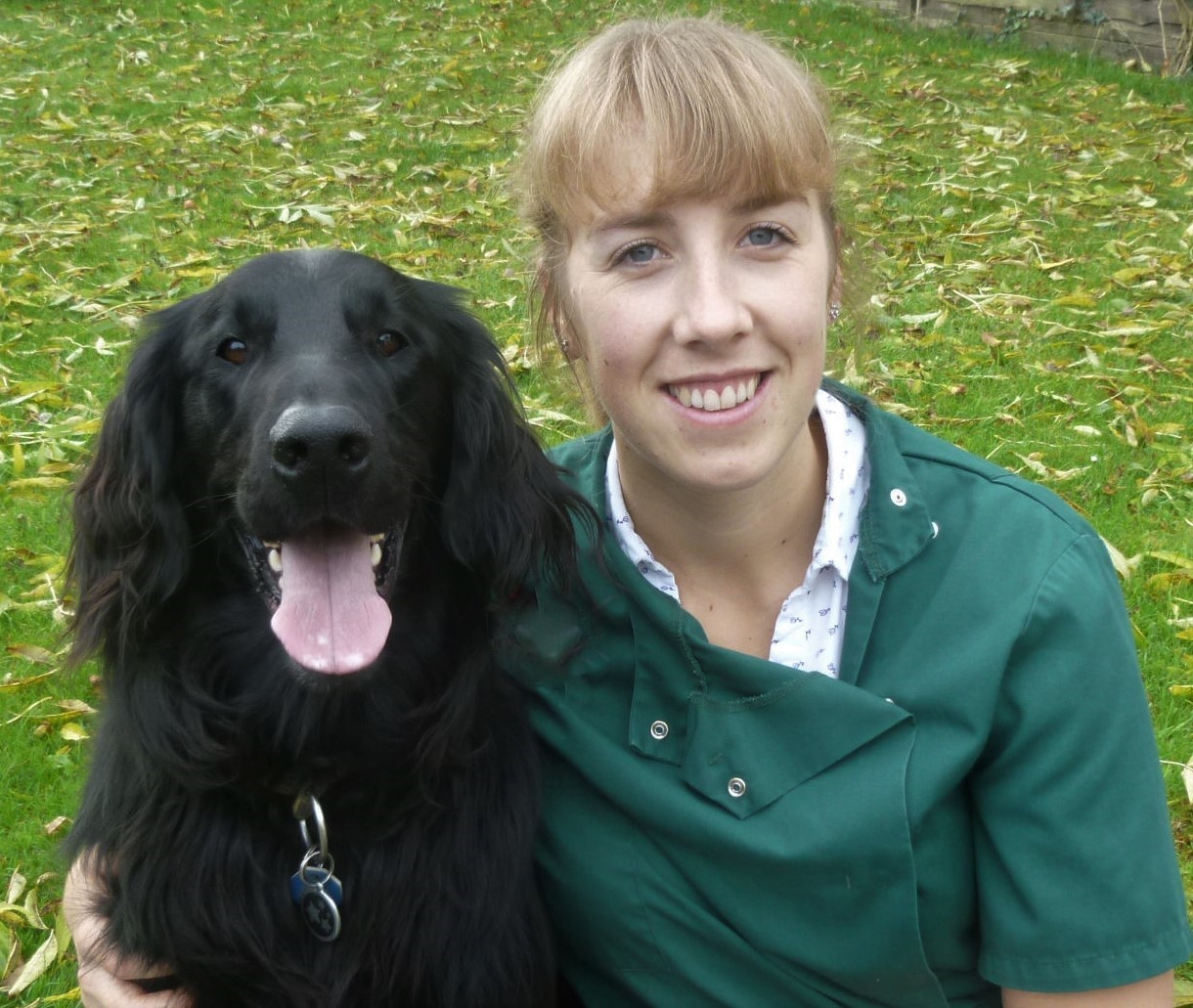All you need to know about being allergic to dogs and how to cope
Are you allergic to dogs? Check out this vet's guide on symptoms, ways to manage allergies, and which dog breeds to stay away from

If you suspect you might be allergic to dogs, this feature is for you. You may be allergic to dogs if you experience things like sneezing, watery eyes, or in more severe cases, breaking out in hives or experiencing respiratory issues after handling or being around dogs.
While it is true, that dog allergies cannot be cured, there are ways to manage it, and depending on how severe your allergy is, you may even find that these ways can keep you living happily and comfortably with a dog.
We spoke with vet Dr. Rebecca MacMillan, who explains the type of treatments that are available, the type of dog breeds that may worsen allergic reactions, and even some of the best hypoallergenic dog breeds.
How do you know if you're allergic to dogs?

While symptoms can vary from person to person, there are few common ones to look out for:
- Itchy, watery eyes
- Respiratory issues (asthma flare-ups)
- Itchy skin or breaking out in hives
- Runny nose, sneezing
But how do you know if this a dog allergy or something else? Dr. MacMillan says, "It soon becomes apparent that you are allergic to dogs if your symptoms appear when you are around them or if you enter an environment where there is a lot of dog hair. However, allergies should be confirmed by a medical specialist as mould spores, cat dander and dust mites could cause similar symptoms."
In addition to different symptoms, each person may experience varying degrees of severity in allergic reactions. Those with mild allergies, may be able to manage them enough to live with a dog and others with more severe case may not.
Can you build up a tolerance to dog allergies?
As we stated before, there is no cure for allergies to dogs; however, symptoms can sometimes be managed. Allergy medicine or immunotherapy could be helpful. "Immunotherapy consists of regular injections or taking allergy drops under the tongue. These contain small amounts of allergen, to train and de-sensitize the immune system," says Dr. MacMillan.
Get the best advice, tips and top tech for your beloved Pets
Dr. MacMillan also advises that there no guarantees with these treatments. If you are considering getting a dog, she advises that it is best to spend some time with your chosen breed and see how you feel when you are around them. "Handling these dogs and being in their home environment may give you an indication of whether you might flare up with your own pup," she adds.
If I'm allergic to dogs, can I live with them?

The good news is that if you have a mild allergy, it is possible to live comfortably with dogs. We recommend keeping pet hair in your home to a minimum. Use one of the best dog brushes regularly to keep dog shedding from getting out of control.
Dr. MacMillan also advises adding pet-free zones around your home and keeping pets off soft furnishings and carpets where possible. We also recommend checking out some of the best vacuum cleaners for pets to keep those carpets and floors as hair-free as possible.
Neakasa P2 Pro Dog Grooming Kit | Amazon
Our staff writer, Megan tested this product and was very impressed with it. This complete grooming kit has a powerful built-in vacuum, five professional grooming tools, and a 2L dust cap.
What are the best dog breeds for those with allergies?
Hypoallergenic breeds are a good option for those with allergies. However, we should note that while they are less likely to cause an allergic reaction, it is not guaranteed that no allergic reaction will occur.
Dr. MacMillan says, "No dog is truly allergen-free. Hypoallergenic breeds will tend to produce less saliva, dander, and hair, meaning they are less likely to trigger a severe response."
You'll want to look for dog breeds that hardly shed. Hypoallergenic breeds include poodles, Yorkshire terriers, Basenjis, or Chinese Crested dogs.
If you found this feature helpful, you may also like this one about being allergic to cats.

Rebecca is a veterinary surgeon who graduated in 2009 from the Royal Veterinary College in London. She has a wealth of experience in first opinion small animal practice, having done a mixture of day-to-day routine work, on-call emergency duties and managerial roles over the years. Rebecca enjoys medicine in particular and she is proud to have recently achieved a BSAVA postgraduate certificate in small animal medicine (with commendation).
She writes on various feline and canine topics, including behavior, nutrition, and health. Outside of work and writing she enjoys walking her own dog, spending time with her young family and baking!

Our staff writer, Alexis, is a digital content specialist and passionate pet advocate with a background in lifestyle journalism. Raised in a lively home filled with cats, dogs, and fish, she channels her lifelong love for animals into creating helpful, research-driven content for pet parents.
She collaborates with veterinary professionals to ensure accuracy and is currently pursuing additional pet care certifications.
A graduate of Bowling Green State University, Alexis has contributed to major UK and US publications, including Daily Mail, Space.com, and Black Women Rising Magazine.

